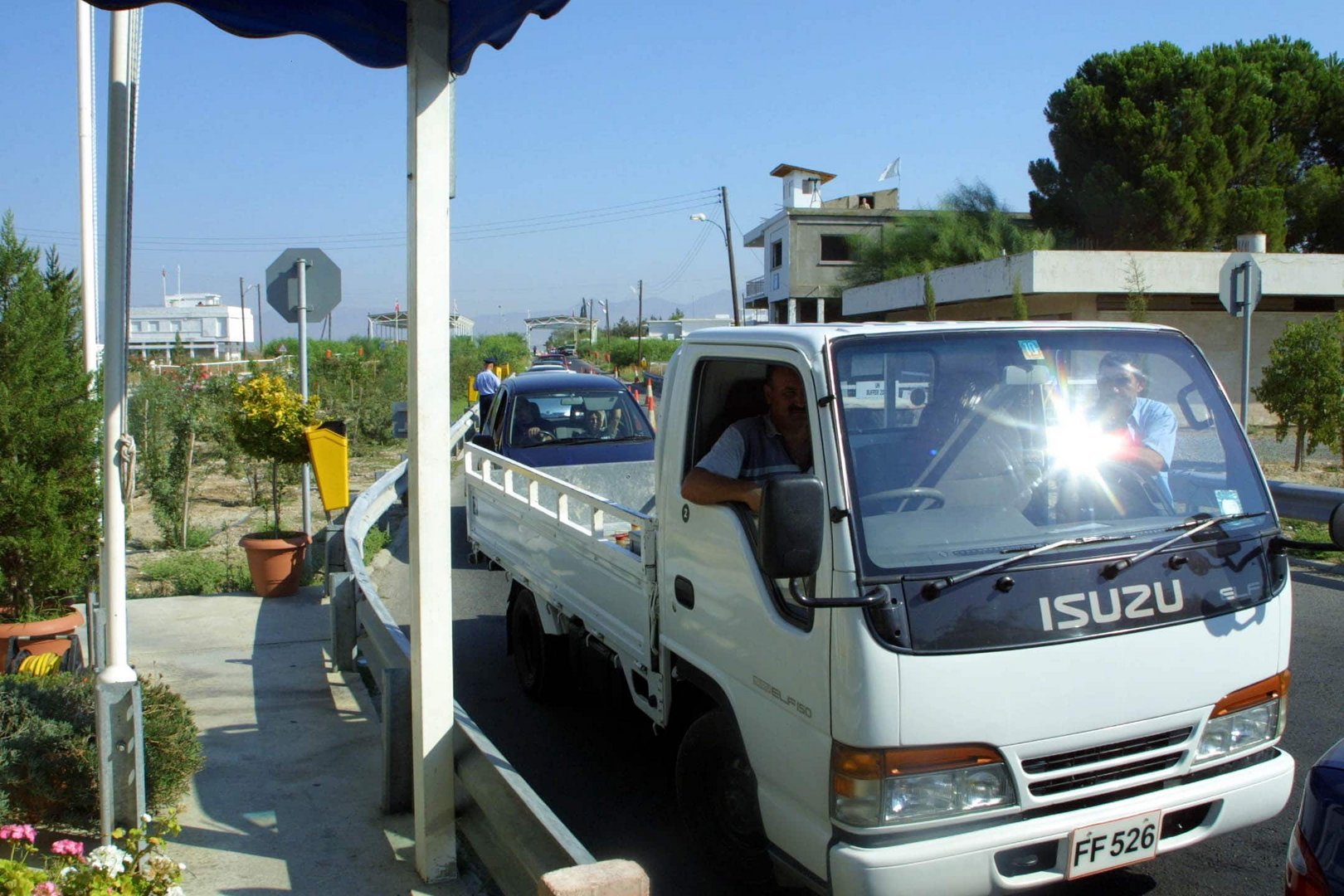By Fahri Zihni
It is now the 60th anniversary of the Turkish Cypriot community being subjected to social and economic embargoes. Yes, 60, not 50 years. These have been implemented through the concerted and costly actions of successive Greek Cypriot administrations. What is their purpose, and what have they achieved for anyone including the Greek Cypriot community in all this time?
Pierre Oberling’s book The Road to Bellapais explains that following fighting between Greek and Turkish Cypriots during 1963-4, 25,000 Turkish Cypriots became refugees, 527 houses belonging to Turkish Cypriots in 109 villages were destroyed, 2,000 houses were damaged and 4,000 government officer salaries ceased payment. In addition to the 25,000 refugees, 23,500 persons were unemployed and a further 7,500 dependants of missing persons were without an income. In total, the UN reported that 50 per cent of the Turkish Cypriots were made destitute.
Then, the Greek Cypriot side, which surrounded the enclaved Turkish Cypriots, embarked upon implementing an economic embargo. By September 1964, food and general supplies to Turkish Cypriot enclaves of Nicosia, Lefka, Tylliria, Limnitis, Famagusta and Larnaca were blockaded. When it became clear to the newly installed UN forces that some of the people in these enclaves were close to starvation, permission was given for a list of essential foodstuffs to be passed through, based on a “calorific minimum” for each person.
These restrictions were later relaxed but a long list of what was deemed to be “strategic materials” continued to be banned. These included cement, sand, timber, trucks, tractors, automobile spare parts, tyres, telephones, radios, lead and plastic pipes, steel plates, fuel in large quantities, rubber boots, leather shoelaces, studs for boots, leather jackets, gloves, raincoats, socks for men, woollen clothing, khaki cloth, tent material, bags, thermos bottles, fire extinguishers, accumulators and cables.
Items which could be used for direct military purposes were also blocked, and these included barbed wire, wire cutters, ammonium nitrate, electrical detonators, galvanometers, mine detonators, safety fuses, exploders, explosives and shot-gun cartridges.
The block on these items meant that not only was it impossible for Turkish Cypriots to match the military capability of the Greek Cypriot side, which had free access to military and non-military resources, but it also severely restricted essential building activity to house the refugees, impeded essential transportation and effectively halted all economic activity.
Further, the Greek Cypriot government also imposed a 20 per cent tax on the grain sold by the Turkish Cypriots as “compensation for Greek Cypriot land under Turkish Cypriot cultivation”, even though much more Turkish Cypriot land was under Greek Cypriot cultivation.
Aside from the economic blockade, sporting, social and cultural embargoes continued between 1964-1974 and freedom of movement between the enclaves became very challenging. U Thant, UN general-secretary observed that there were “too many cases of close bodily searches and lengthy interrogations which did not appear to be justified by the need to look for arms and strategic materials”. This was deeply resented, especially by women, being searched by policemen and soldiers.
Today, the Greek Cypriot administration’s international communications strategy is about giving an impression to outsiders that Greek and Turkish Cypriots were living happily together until the events of 1974, and blaming the “Turkish invasion” for all the current problems. To many Turkish Cypriots, Cyprus was divided not in 1974, but during 1964-74, geographically, ethnically, administratively, socially, politically and economically.
This represented a period of despair. Visiting tourists mostly did not know of Turkish Cypriots’ existence in enclaves, now amounting to just 5 per cent of the landmass, and those who happened to travel into the enclaves were shocked to find a bleak, dimly lit place with homeless families, hungry children and squalid living conditions. I speak from experience, alongside 100,000 Turkish Cypriots who were there in this period of hopelessness. Again, the UN’s U Thant declared that “restrictions which in some cases have been so severe as to amount to a veritable siege indicate that the Government of Cyprus seeks to force a potential solution by economic pressure as a substitute for military action”.
In March 1964, the UN will have been perfectly aware of two things. First, that both Greek and Turkish communities were two equal founder members of the Republic, and that the Turkish Cypriots were by far the main victims of the conflict. The UN’s role was to act as a buffer between two founder member communities. Yet, the UN resolution 186 was agreed without the consent of the Turkish Cypriot community, and it quite absurdly and arbitrarily referred to the Greek-Cypriot-only assembly as the (legitimate) government of Cyprus. To add insult to injury, the UN put its forces under the control of the Greek-Cypriot-only government which remains the case to this day.
Following the tragic events of 1974, the Greek Cypriot government continued with its efforts to block the north’s trade and social, cultural and sporting links with other countries through legal challenges, and doing so with much ease by the virtue of the UN’s resolution 186.
Turkish Cypriots were then, and are still, excluded from international sports. Turkish Cypriot football clubs were ejected from the mixed-teams Cyprus Football Federation in 1955 and so they set up their own federation. The Cyprus constitution confirms, under Article 87, that “the Communal Chambers have competence to exercise in matters such as charitable and sporting foundations for each community”, separately. As football federations and clubs are not organs of the state, there is no way of explaining why individual Turkish Cypriot teams could not compete under Fifa and Uefa rules through their federation, like Palestine and Taiwan, other than as a consequence of clever politicking behind the scenes by the Greek Cypriot administration.
I have already written extensively about current economic embargoes on northern Cyprus, and the abject failure of the European Union to deliver any economic benefit to Turkish Cypriots beyond tokenism. Please see Article 1 and Article 2.
Coming back to my initial question, it is impossible to see how these 60-year-old embargoes on the Turkish Cypriot community have been of any benefit to anybody. If anything, this somewhat spiteful policy has created loss of faith in the minds of Turkish Cypriots in what they can expect in terms of fairness and equality in a united future Republic. It is time for the Greek Cypriot government to review this policy, and for the EU and UN to act to remove this serious violation of human rights.
Fahri Zihni is former chair of Council of Turkish Cypriot Associations (UK), a former policy advisor at the UK’s Cabinet Office and a former president of Society of IT Management, UK







Click here to change your cookie preferences